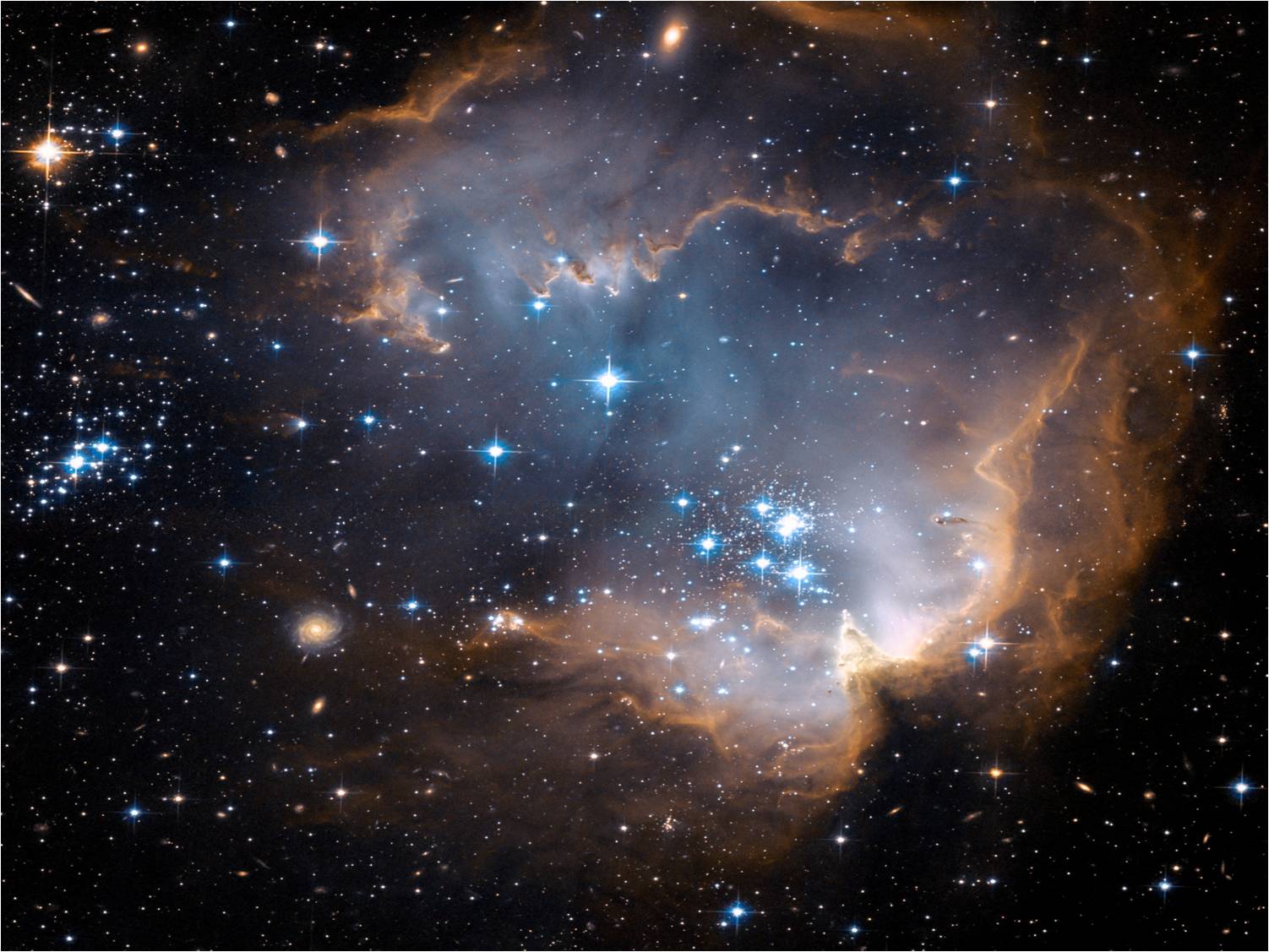
(c) Frank White, 2021, All Rights Reserved
We hold these truths to be self-evident, that all men are created equal, that they are endowed by their Creator with certain unalienable rights, that among these are Life, Liberty and the Pursuit of happiness.” (Declaration of Independence)
Whereas recognition of the inherent dignity and of the equal and inalienable rights of all members of the human family is the foundation of freedom, justice, and peace in the world… (United Nations Universal Declaration of Human Rights)
While the Founders of what became the United States considered certain truths to be self-evident, the fact is that we rarely think that way in the modern era. Instead, we ourselves endow certain entities with rights, and it happens more because our consciousness evolves, rather than because of something inherent in those people, animals, or something else.

In contrast to this dramatic statement in the Declaration of Independence, the history of the U.S. is rife with examples of marginalized groups who were not recognized to have rights but attained them in a variety of ways. Among the most notable examples are, of course, people of color and women, who have been fighting to have their rights recognized since the very founding of the country. Most would say their struggles continue to this day. Furthermore, today advocates for animal rights are making progress in their efforts to protect both domestic and wild animals from abuse, and there are also those pushing for similar protections for trees. As we move out into other parts of the solar system, the question is arising as to whether planets have rights! (1)
Historian Noah Yuval Harari argues that, in fact, no entity inherently has any rights. Harari suggests that we humans endow people, animals, and other things with rights and that is where these privileges come from. He also seems to think that the myths we create about rights help society to evolve. (2) Regardless of whether rights are created by a divine force, by human beings, or in some other way, they only have any practical meaning if they are recognized by human society.
This may happen because a deliberative body like the United Nations engages in a debate about what a human right might be, and then publishes the results of that conversation. That is the case with the Universal Declaration of Human Rights. In other situations, someone like my friend and colleague Rick Tumlinson gives a lot of thought to an issue and then publishes the results, which is how his Declaration of Human Rights in the Universe came to be. (3)





